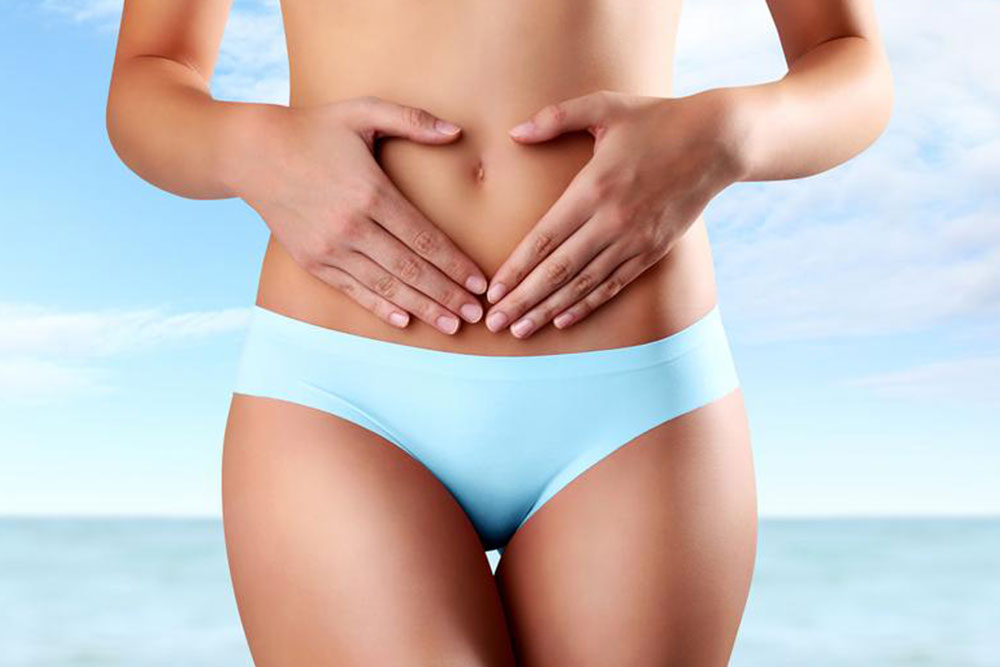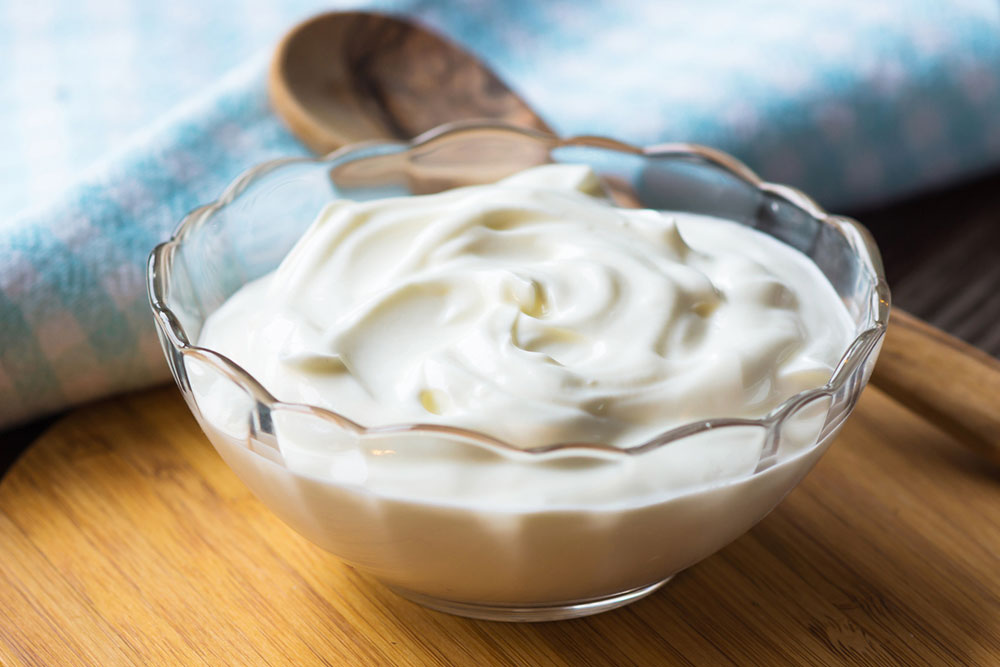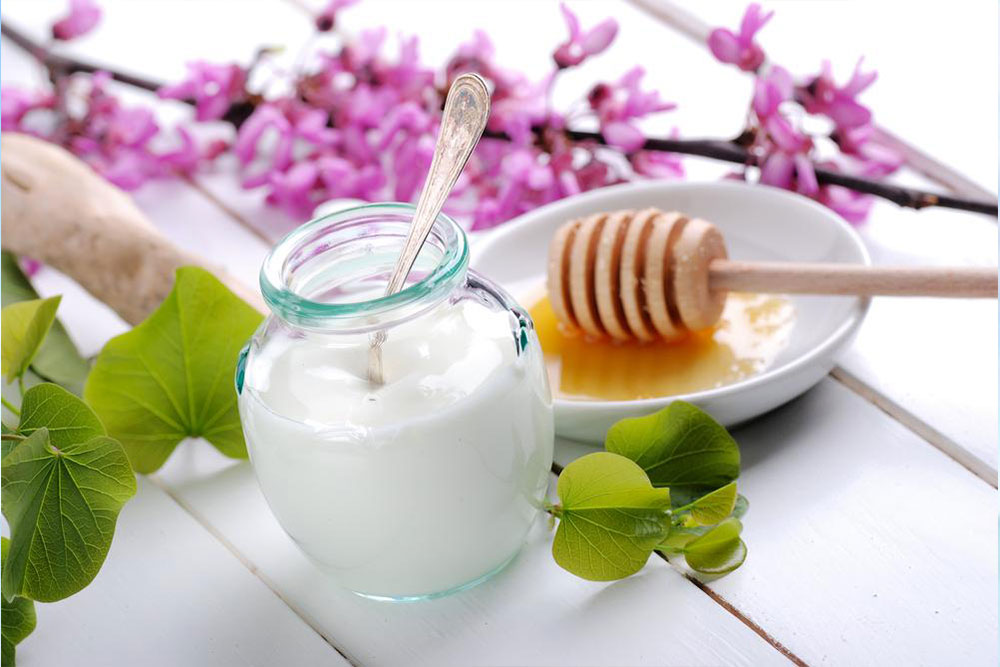Effective Strategies to Prevent Yeast Infections
Learn essential tips to prevent yeast infections through healthy lifestyle choices, proper clothing, hygiene practices, and diet. Simple preventive measures can significantly reduce the risk of recurring vaginal yeast infections, promoting better vaginal health and comfort.
Sponsored

Yeast infections, also known as candidal vaginitis, are caused by an overgrowth of the fungus Candida albicans, which naturally resides in the vagina. While Candida is usually harmless, an imbalance can lead to infection. This condition is very common among women. Though generally not serious, it’s advisable to consult a healthcare professional if symptoms arise. Various treatments, including OTC medications and natural remedies, can effectively eliminate yeast infections.
Prevention is equally important. Proper lifestyle habits can reduce the risk of recurring infections. Here are some practical tips to help you stay healthy and infection-free.
Maintaining awareness and adopting simple preventive measures can significantly decrease the chances of developing yeast infections. Focus on your diet, clothing choices, hygiene routines, and avoiding unnecessary antibiotic use. Incorporating these practices can promote vaginal health and minimize discomfort.
Diet Considerations
Eating a balanced diet is vital for overall health. Limit intake of fast food, refined sugars, and gluten, as these can encourage yeast overgrowth. Instead, emphasize home-cooked meals rich in nutritious ingredients. Adding probiotics to your diet can also help maintain healthy vaginal flora.
Clothing and Underwear
Avoid wearing tight-fitting clothing, especially synthetic materials, which trap heat and moisture, creating a perfect environment for yeast. Opt for cotton underwear, which is breathable and gentle on the skin. Loose-fitting pants or denim can also reduce friction and moisture buildup.
Avoid Douching
Many women use douching to cleanse the vagina, but this practice can upset the natural balance of bacteria, leading to infections. It’s better to rely on gentle hygiene practices rather than harsh douching routines.
Use of Antibiotics
Only take antibiotics prescribed by a healthcare provider. Unnecessary use can disrupt the natural balance of bacteria, increasing the risk of yeast overgrowth. Always follow your doctor’s instructions and avoid self-medicating.
Feminine Hygiene Products
Many commercial products contain chemicals that may irritate sensitive areas. Choose mild or organic alternatives for tampons, pads, soaps, and body washes to promote vaginal health and avoid unnecessary irritation.
Personal Hygiene
Maintain proper hygiene by regularly washing underwear and clothes. During menstruation, change sanitary products frequently to prevent moisture buildup that can foster yeast growth. Good hygiene habits play a crucial role in preventing infections.






